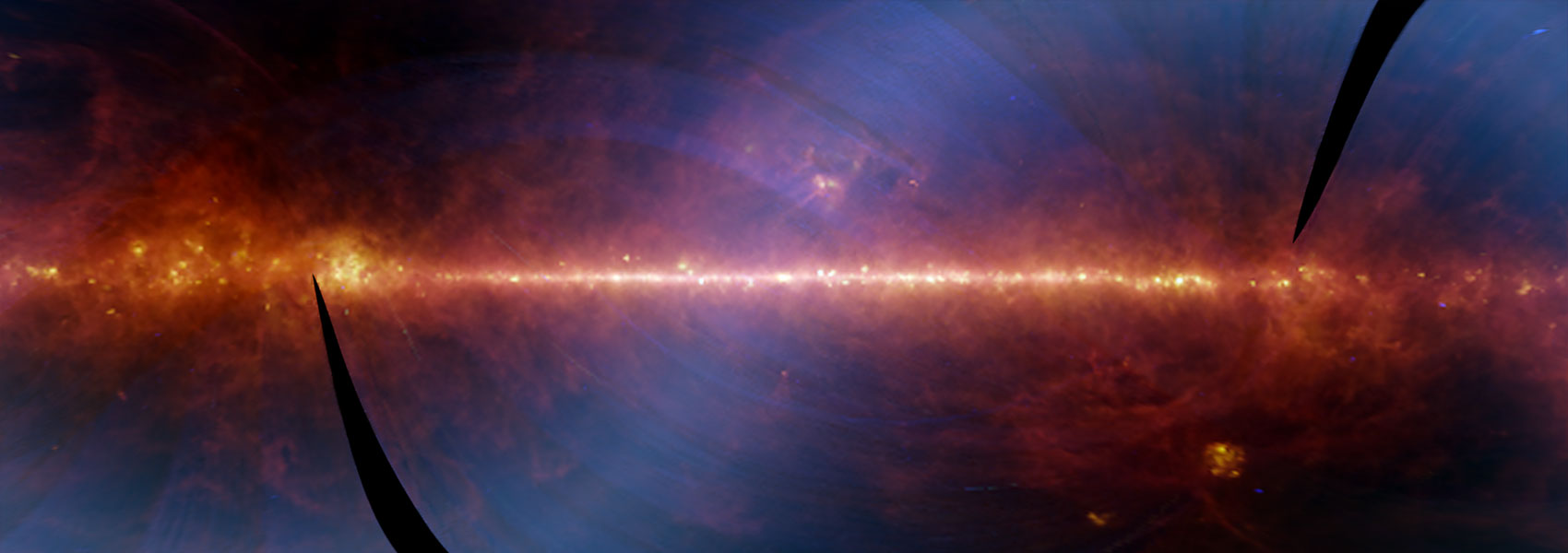November
2024
•
2024ApJ...976..142X
Authors
•
Xu, Yi
•
Ouchi, Masami
•
Yajima, Hidenobu
•
Fukushima, Hajime
•
Harikane, Yuichi
•
Isobe, Yuki
•
Nakajima, Kimihiko
•
Nakane, Minami
•
Ono, Yoshiaki
•
Umeda, Hiroya
•
Yanagisawa, Hiroto
•
Zhang, Yechi
Abstract
•
We investigate the dynamics of GN-z11, a luminous galaxy at z = 10.60, carefully analyzing the public deep integral field spectroscopy (IFS) data taken with the JWST NIRSpec integral field unit. While the observations of the IFS data originally targeted an He II clump near GN-z11, we find that the C III] λ λ1907, 1909 emission from ionized gas at GN-z11 is bright and spatially extended significantly beyond the point-spread function (PSF). The spatially extended C III] emission of GN-z11 shows a velocity gradient with red- and blueshifted components in the north and south directions, respectively, which cannot be explained by the variation of the [C III] λ1907/C III] λ1909 line ratios. Assuming the velocity gradient is produced by disk rotation, we perform forward modeling with GalPak3D, including the effects of PSF smearing and line blending, and obtain a rotation velocity of vrot=257‑117+138 km s‑1, a velocity dispersion of σv=91‑32+18 km s‑1, and a ratio of vrot/σv=2.83‑1.41+1.82 . The v rot/σv value would suggest a rotation-dominated disk existing at z > 10, albeit with large uncertainties. The rotation velocity agrees with those of numerical simulations predicting a rotating disk formed in the early Universe under the conditions of mass compaction and weak feedback. While the velocity gradient is consistent with the rotating-disk solution, we recognize that galactic outflows can also explain the velocity gradient, as well as the extended morphology and the high velocity dispersion found in the outskirts. Higher-signal-to-noise-ratio and higher-resolution data are necessary to conclude the physical origin of the velocity gradient in GN-z11.
Links



